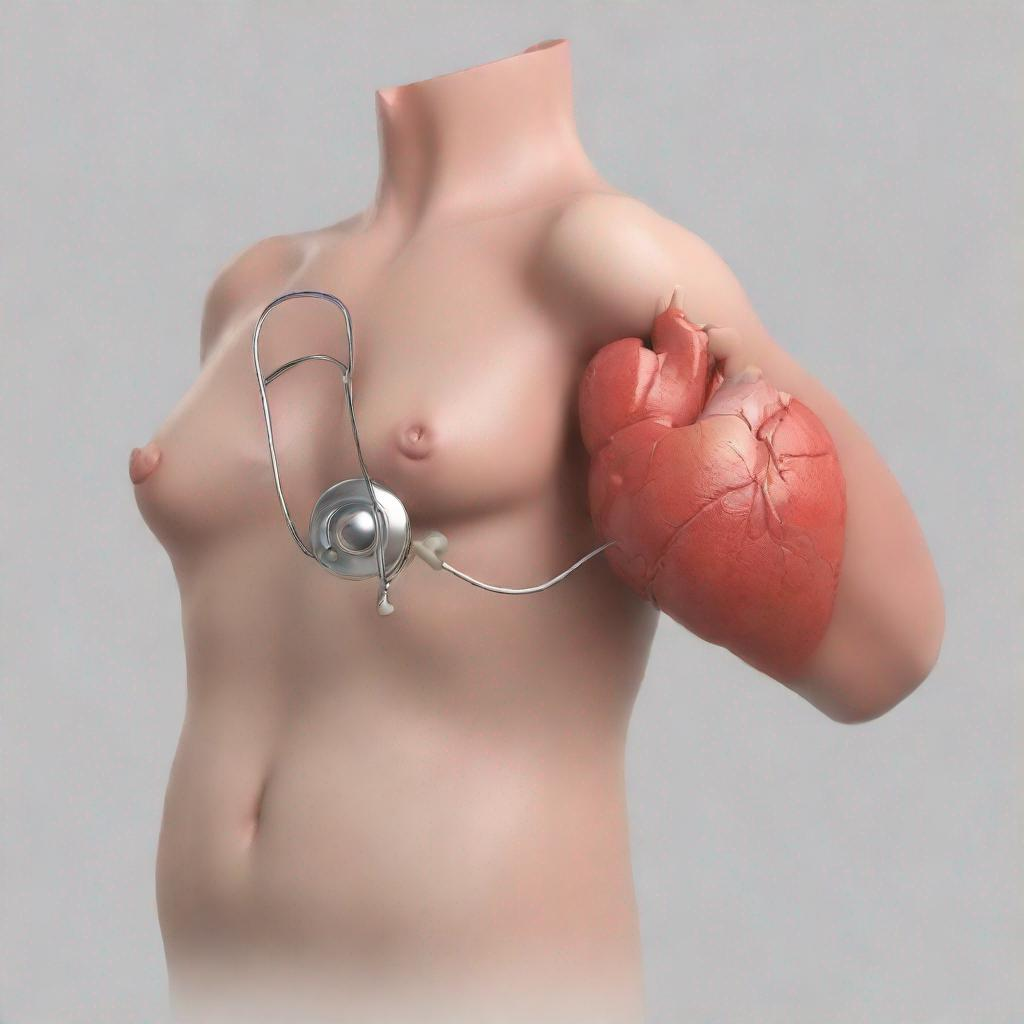## Alcohol Use Disorders: A Comprehensive Guide
### Introduction
Alcohol use disorders (AUDs) are a group of conditions characterized by excessive or compulsive alcohol consumption that leads to significant impairment or distress. Symptoms of AUDs include:
– Cravings for alcohol
– Tolerance (needing to drink more to achieve the same effect)
– Withdrawal symptoms when not drinking (e.g., tremors, seizures)
– Impaired control over drinking
– Negative consequences in social, occupational, or other important areas of life
### Diagnosis and Evaluation
AUDs are diagnosed by healthcare providers based on the individual’s symptoms, drinking history, and a physical examination. Tests that may be performed include:
– **Blood tests:** To assess liver, kidney, and blood cell function
– **Imaging tests:** To evaluate the brain and other organs for alcohol-related damage
### Prevention
Preventing AUDs is crucial and includes:
– Limiting alcohol consumption to recommended guidelines
– Avoiding heavy or binge drinking
– Educating youth and adults about the risks of excessive alcohol use
– Supporting individuals struggling with alcohol problems
### Treatment
Treatment for AUDs aims to address both the physical and psychological aspects of the condition. It may involve:
**Medical Management:**
– **Alcohol Detoxification:** Medically supervised cessation of alcohol use to manage withdrawal symptoms
– **Medications:** Prescriptions such as naltrexone, acamprosate, and disulfiram can help reduce cravings or interfere with alcohol metabolism
**Therapy:**
– **Cognitive-behavioral Therapy:** Focuses on identifying and changing thought patterns and behaviors that contribute to alcohol use
– **Motivational Interviewing:** Helps individuals explore and resolve their ambivalence about alcohol use
– **Support Groups:** Provides a supportive and sober environment where individuals can connect and share experiences
**Other Treatment Options:**
– **Hospitalization:** May be necessary for severe withdrawal or medical complications
– **Sober Living Facilities:** Offer supportive and supervised housing during early recovery
### Complications
Untreated AUDs can lead to severe health complications in various **Body Parts**:
– **Liver:** Alcohol-induced liver disease, alcoholic hepatitis, cirrhosis
– **Brain:** Wernicke-Korsakoff syndrome, memory loss, seizures, brain damage
– **Esophagus:** Esophagitis, esophageal cancer
– **Stomach:** Gastritis, ulcers
– **Pancreas:** Pancreatitis
### Conditions Related to Alcohol Use Disorders
**Alcohol Dependence:** Characterized by a physical and psychological need for alcohol
**Alcohol Withdrawal Syndrome:** Occurs when an alcohol-dependent individual abruptly stops or significantly reduces drinking, causing a range of withdrawal symptoms
**Wernicke-Korsakoff Syndrome:** A severe neurological condition caused by thiamine deficiency due to excessive alcohol consumption
**Alcohol-Induced Liver Disease:** A spectrum of liver damage ranging from fatty liver to cirrhosis
**Alcoholic Hepatitis:** A severe inflammation of the liver caused by alcohol use
**Alcoholic Cardiomyopathy:** Damage to the heart muscle due to chronic alcohol consumption
**Alcoholic Neuropathy:** Nerve damage caused by excessive alcohol intake
### Conclusion
Alcohol use disorders are serious and preventable conditions. Early diagnosis and treatment are crucial to minimize health complications and improve overall well-being. By reducing stigma and providing accessible resources, society can help individuals struggling with AUDs achieve recovery and maintain a healthier lifestyle.



